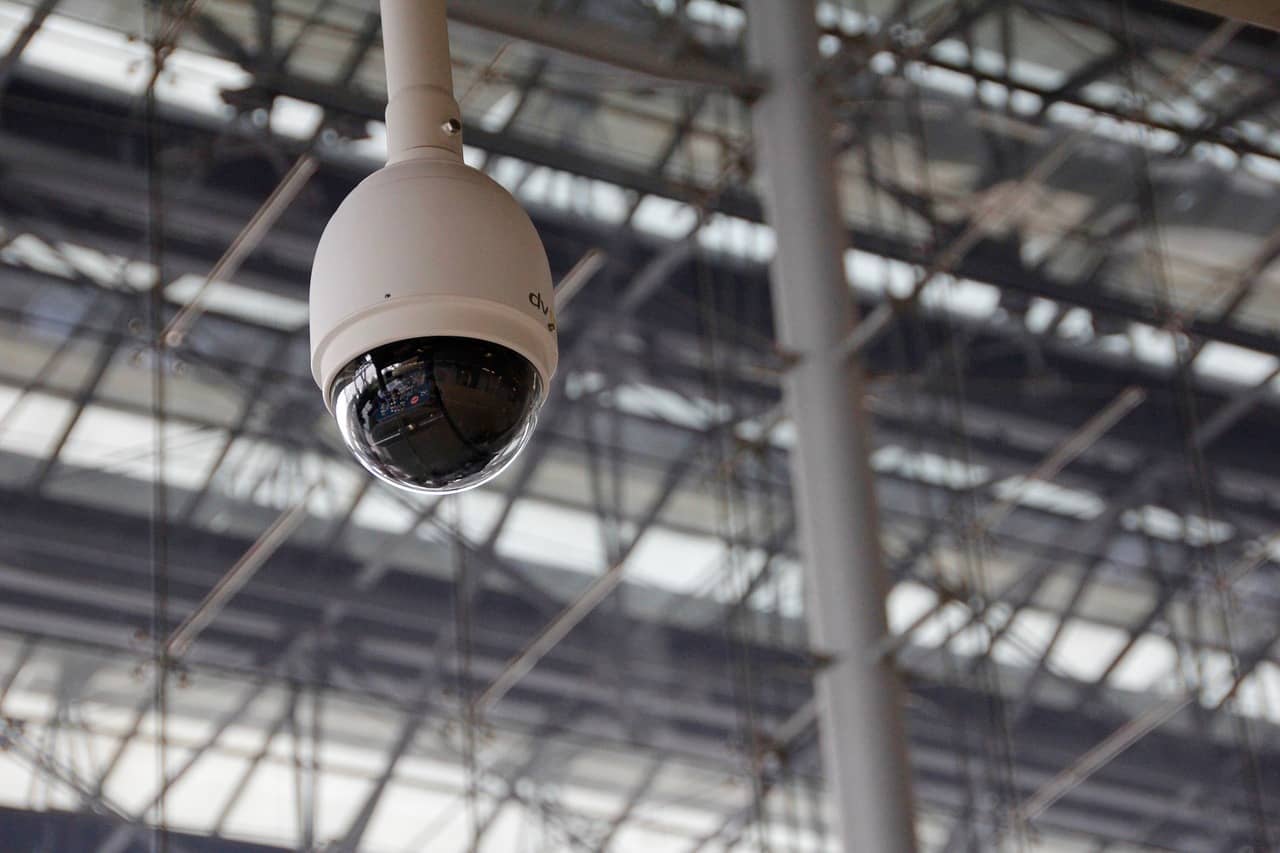Estimated reading time (in minutes)

Illicit method of proof: clandestine control system
The case involves the Post Office suspecting a postwoman of opening certain envelopes and decided to test this suspicion by having her handle letter bombs containing blue ink, which would be released if the envelopes were opened. However, while employers have the right to control and monitor their employees during working hours, they cannot resort to clandestine monitoring systems. Such methods are considered unfair and therefore illegal as a means of proof.
This section refers to abusive surveillance of employees and resulting unfair dismissals. It highlights the use of illegal methods by employers to control and monitor their staff, such as the case of La Poste using letter bombs without the knowledge of employees. Such clandestine control systems are considered unfair and illicit methods of proof.
In this context, the right of the employer to control and monitor employees during working hours is recognized, but it is emphasized that clandestine methods are not permitted. For the proof to be legally valid, a control and monitoring system must be properly communicated to employees in advance. Simple surveillance by a supervisor in the workplace, even without prior notification, is generally not considered an illegal method of proof, according to consistent case law.
Illegitimacy of the evidence and unjust dismissal
In this particular case, the use of letter bombs without the employees’ knowledge had all the characteristics of an illicit method of proof. consequently, the evidence collected under this system could not be used by the employer. Consequently, the dismissal for serious misconduct lacked real and serious cause.
It is essential to note that for a control and surveillance system to be considered a legal means of proof, employees must be informed in advance of its existence. The simple fact of observing and monitoring employees in the workplace, even without prior notification, does not constitute an illegal mode of proof according to established case law.
This decision highlights the importance of fair and legal practices in employee surveillance. Employers must follow appropriate procedures and inform employees of any control or monitoring systems in place. The use of clandestine methods, such as the use of letter bombs, is considered unfair and an infringement of employee rights. By establishing the illegitimacy of evidence collected by such means, the court guarantees the protection of employees’ rights and upholds the principle of fair dismissal.
